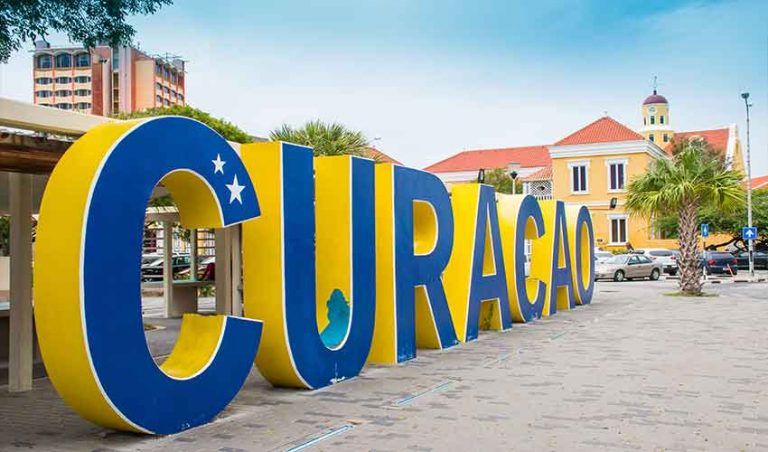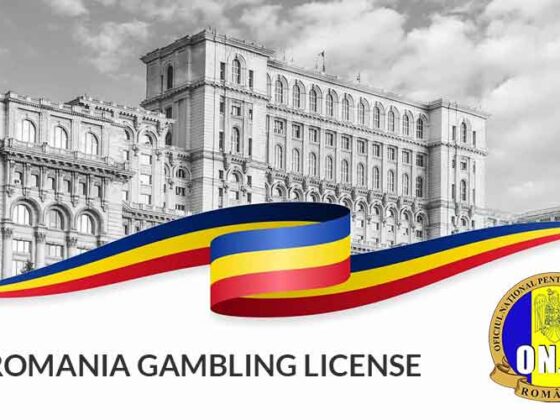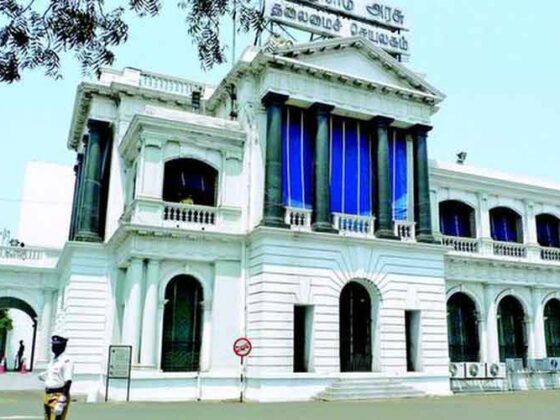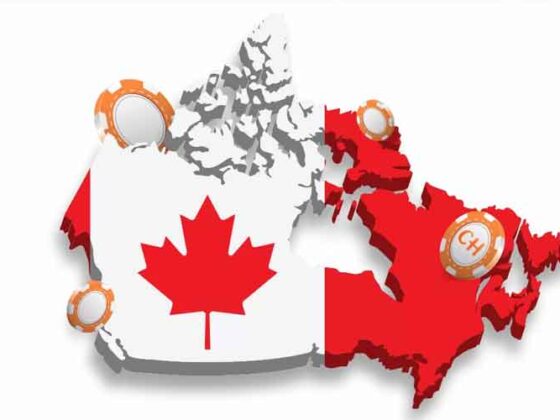In a letter sent by Undersecretary for the Interior and Kingdom Relations, Raymond Knops stated that Curaçao will be working on reforming the online gambling sector.
Due to the Covid pandemic, Curacao received financial aid from the Netherlands. However, starting with the second tranche in May 2020, this support is no longer without obligation. These conditions are laid down by the Netherlands and Curaçao in the “Landspakket”.
The agreement between the two governments means that Curaçao will undergo structural reforms in a bid to make the constituent country more financially and economically stable. The reform will see Curaçao form an independent regulator who will be tasked to oversee the whole gambling industry. This will include the issuing of licenses to operators willing to conduct business in the country. The regulatory body and structural reforms will be ready by March 1, 2021.
These requirements can be found under H.2 and H.19 in the list of reforms and measures:
Independent regulator. Curaçao will have to work and have a plan ready by March 1, 2021, in which the laws and regulations allow an independent regulator to supervise the online gambling sector. The iGaming Permits must be issued by this supervisor, and if licensees do not comply with the rules, the supervisor must withdraw the license.
Unforutanelly, this is not happening at the moment. Thousands of online casinos operate from Curaçao, and most of them do not have a good reputation. There are several “master licensees” on Curaçao owned by private telecom companies: Antillephone N.V., Cyberluck, Curaçao Interactive Licensing, Gaming Services Provider, and The Elite Turf Club. Although some of these master licensees try to give the impression with their name and logo that they are an official regulator, that is not the case.
They grant so-called “sub-licenses” to online casinos and online bookmakers. In practice, it is mainly commercial motives that prevail in the granting of these permits and the “supervision”. Among other things, this means that permits are rarely revoked. This has ensured that many thousands of gambling sites are active from Curaçao.
Even though they are paying fees to the “master licensees”, from next year, these sub-licensees will also have to pay the government.
Gaming sites must respect local laws. By September 1, 2021, Curaçao must have a plan that provides that casinos operating out of Curaçao comply with the legislation in countries where they operate.
Currently, Curaçao is very popular with online casinos that do not abide by the rules in the countries where they operate.
That will no be allowed anymore. Online casinos with a license in Curaçao will only accept players from Curaçao, and the few countries that accept the license from Curaçao.
This means that the sales market will decline from billions of world residents to barely the 160 thousand residents of Curaçao. The main question that remains is how profitable it would be running a gambling site from Curaçao will be.
Income for Curaçao
The third obligation is that Curaçao must work on collecting gambling tax, corporate tax, and license fees.
At the moment, just 2% of the profit that gambling companies make on Curaçao goes to the treasury. This 2% is the tax rate in the so-called e-zone on Curaçao. Many sub-licensees do not pay any tax because they operate via Cyprus.
Fees for the permits are collected by the master licensees.
The big question is of course how big the size of the gambling sector on Curaçao will be if there is an independent regulator, stricter rules are introduced, gambling sites can lose their license, and gambling sites with a Curaçao license must comply with local legislation of the countries where they operate.





